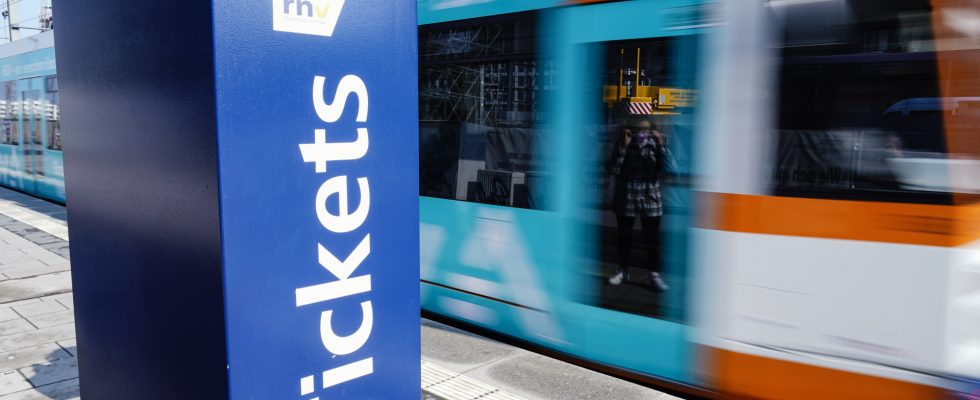Status: 04/24/2023 11:12 a.m
From May 1st, passengers have the opportunity to use the Deutschlandticket for local transport. Who can benefit most from this and when conventional monthly passes bring advantages.
The 9-euro ticket brought financial relief to many day trippers and commuters last summer. The successor, the Deutschlandticket, will now be introduced in May. This is intended as a permanent subscription for millions of people and initially costs 49 euros per month. There is a standard price for all bus and train journeys in local and regional transport throughout Germany. Deutsche Bahn assumes that the Deutschlandticket will be used by a total of around 17 million people. Who should benefit from the offer – and for whom the Germany ticket is not worth it.
Regular public transport passengers
The Deutschlandticket is likely to be the preferred ticket for many commuters who already use local public transport. So far, monthly tickets have often been much more expensive compared to the new 49-euro ticket, especially if the place of work is not in the place of residence or the employer does not contribute to the costs. Even with employer participation, the monthly ticket price is often still higher.
With the job ticket option, the Deutschlandticket should be even cheaper than 49 euros for some commuters. Because if the employer pays at least 25 percent of the costs, the federal and state governments add another five percent. As a result, the subscription could only cost 34.30 euros for some commuters.
Nevertheless, the cheapest offer does not have to be suitable for everyone. The 49-euro subscription does not offer the option of taking other people with you free of charge and is personal and non-transferable. Conventional monthly passes can offer advantages here.
excursionist
The past year has shown that the 9 euro ticket, limited to three months, was a popular choice for many day trippers. Especially for day trips to nearby cities or for hikes in nature, the monthly ticket often pays for itself in just one day. Accordingly, many trains and stations were full on the weekends.
Financially, the Germany ticket makes sense above all for longer distances, trips with an overnight stay or several tours per month. For day trips with local transport, there is the slightly cheaper Quer-durchs-Land-Ticket, which is valid nationwide for one day for 44 euros. Each additional passenger only has to pay an additional seven euros. The Germany ticket is only advantageous in comparison if an overnight stay is planned, as it is still valid the next day.
villagers and townspeople
The 9-euro ticket and its successor continue to be criticized because they make local public transport cheaper, but do not necessarily improve it. In rural areas in particular, many people feel compelled to use a car because bus and train connections are often poor.
The Deutschlandticket is particularly attractive for city dwellers and people in the surrounding commuter belts. Similar to the 9-euro ticket, it could be an incentive to take a closer look at the existing public transport service and use it.
long-distance travelers and long-distance commuters
The Deutschlandticket is only valid for local and regional transport and cannot be used for journeys on long-distance trains such as ICE and IC trains or night trains from other providers. Flix trains and buses are also not included. However, the ticket can be used to get to the train station and change to a long-distance train from there.
However, in the event of delays in regional traffic that result in a booked ICE being missed, no compensation or cancellation of the train connection is possible. In this case, the customers would have concluded two transport contracts, which would be considered separately in terms of passenger law, according to Deutsche Bahn.

